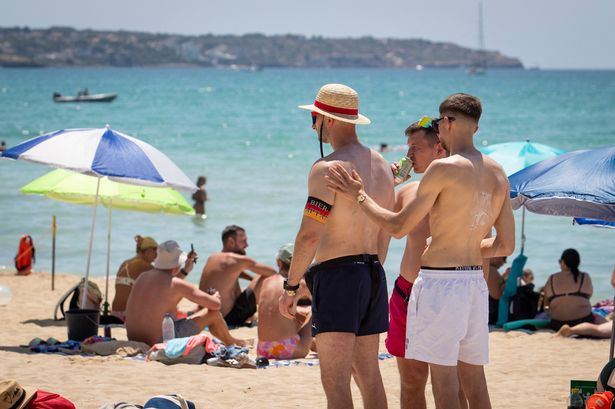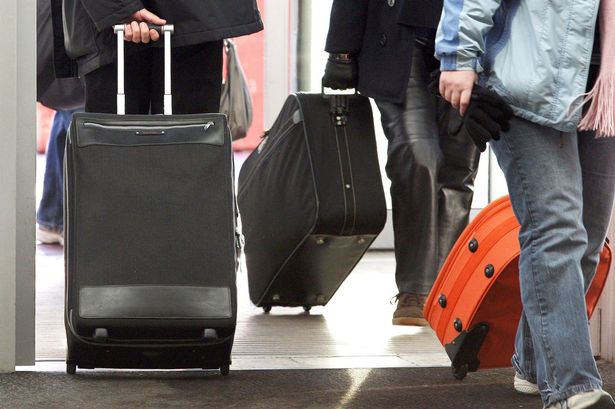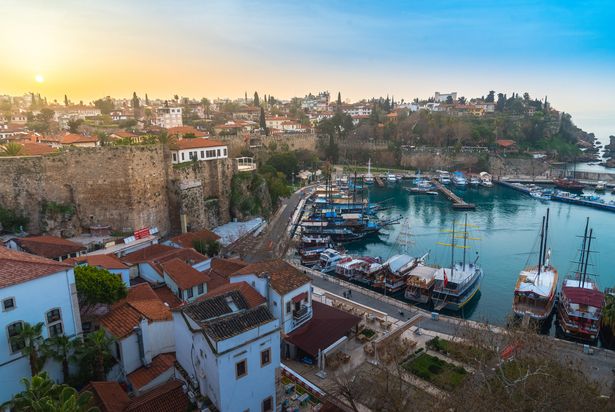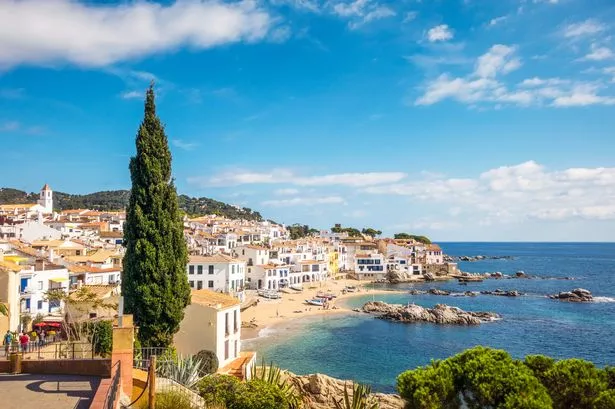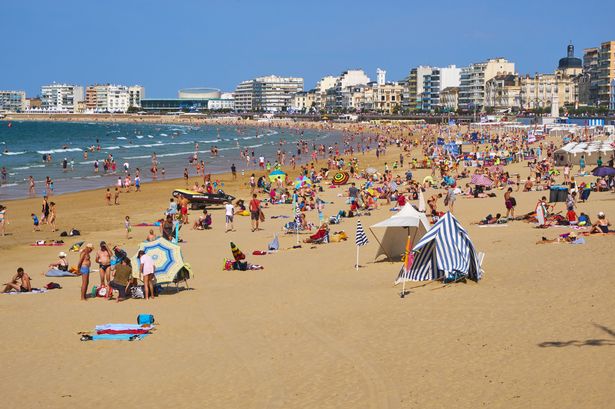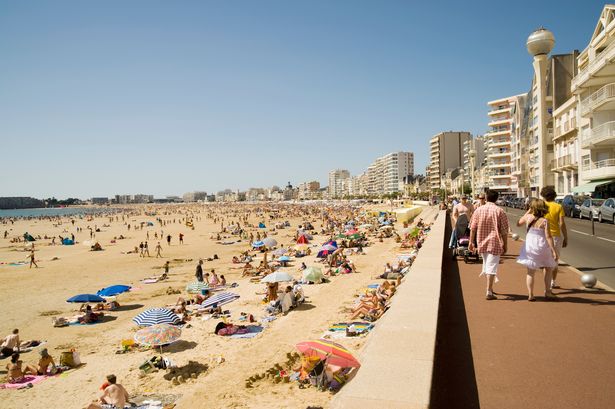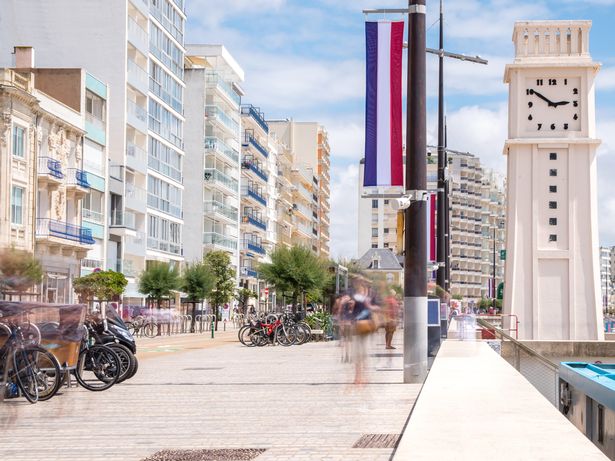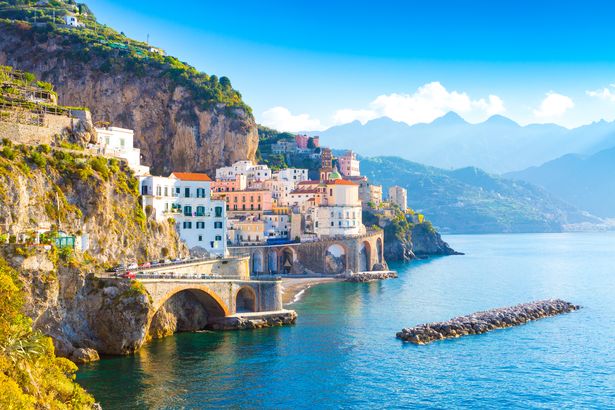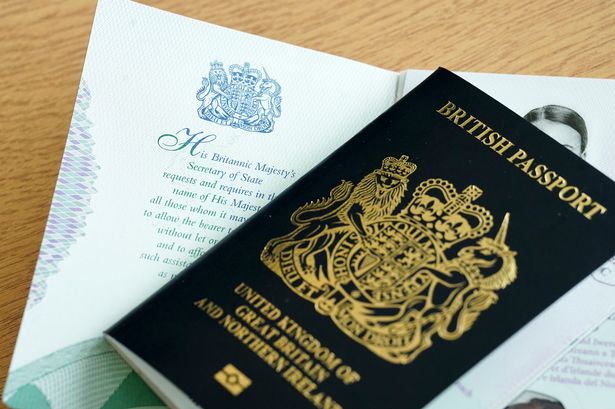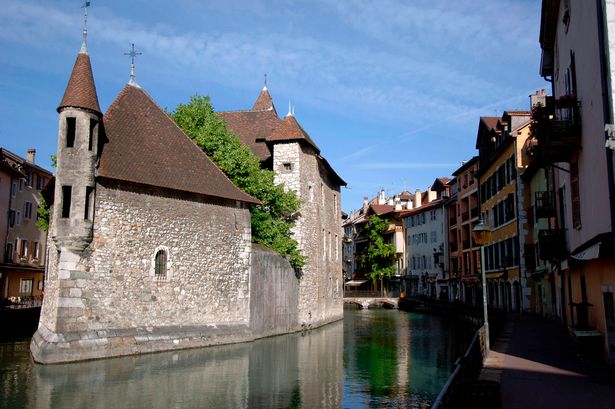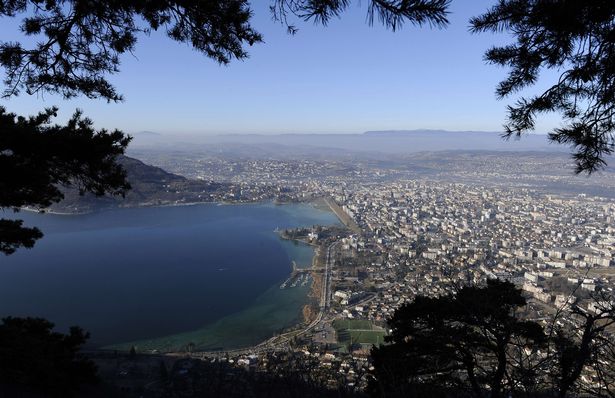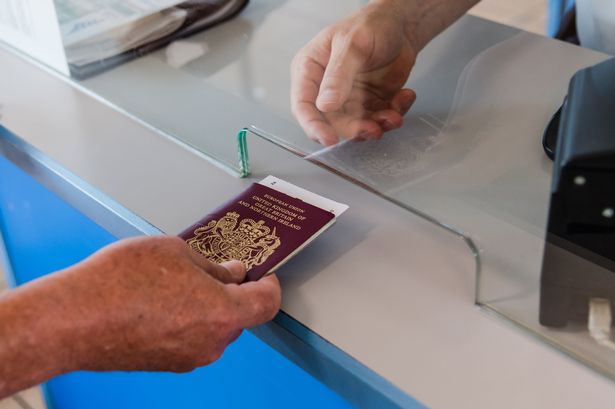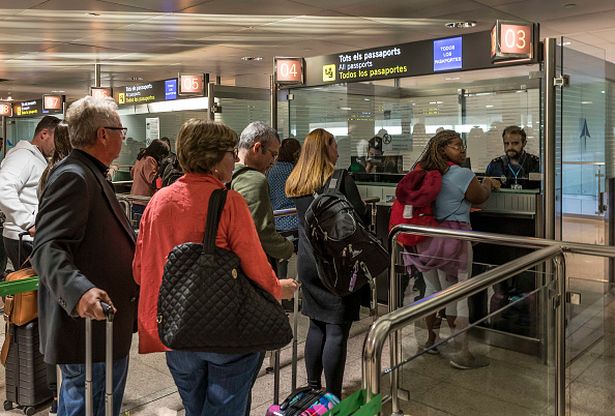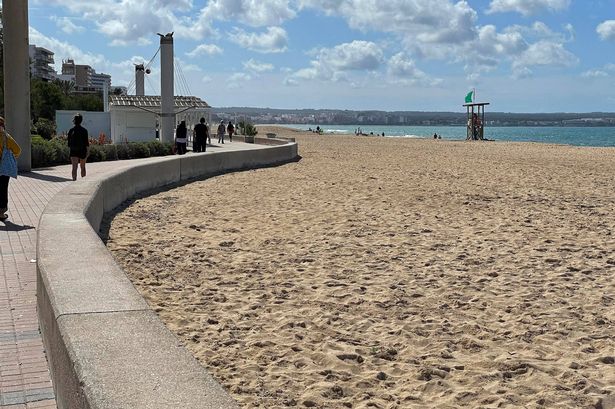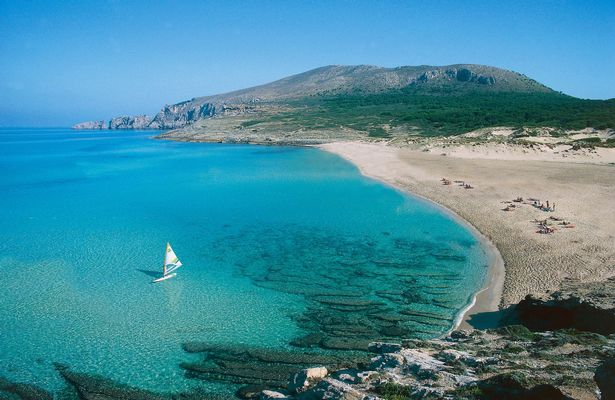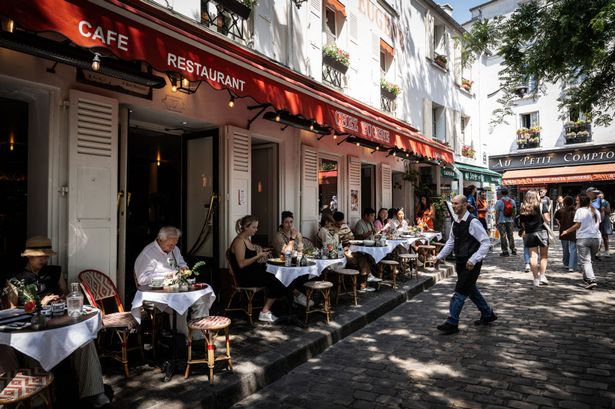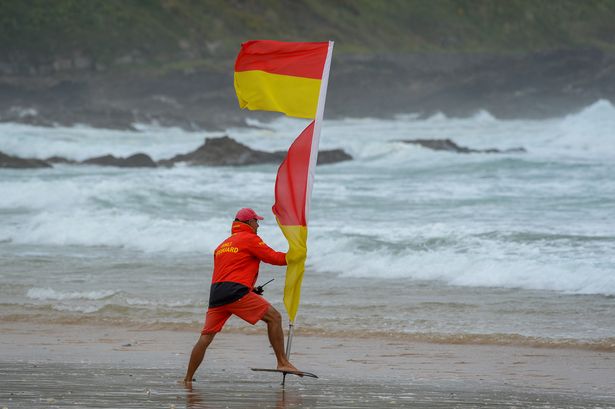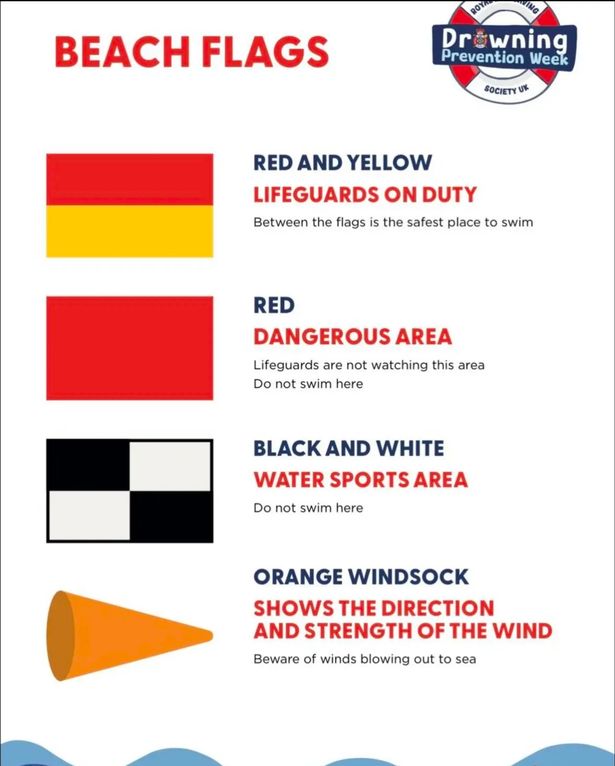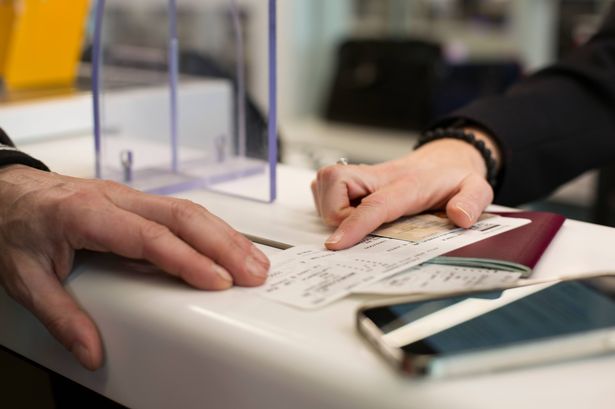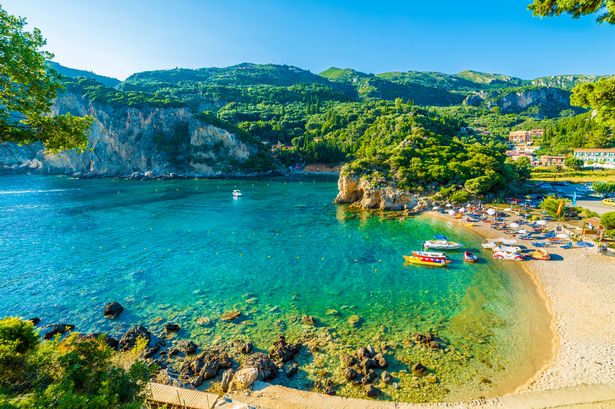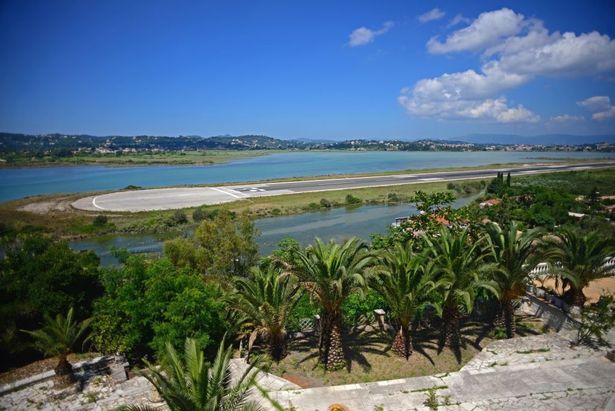Travellers to Spain are warned to be vigilant when it comes to local beach regulations, as one common habit could see them blindsided with a fine ranging from €30 to €2,000
British holidaymakers are being warned that a common holiday habit could land them a major fine on Spanish beaches. Tourists could be hit with penalties up to €2,000 (£1,730) without realising they are breaking the law.
According to Vape Ease UK , tourists are coming up against strict beach regulations in popular Spanish hotspots, notably bans implemented by local councils. “People assume that if something’s legal in the country, it’s allowed everywhere — but that’s not the case,” said a spokesperson for Vape Ease UK.
“In Spain, what’s allowed in the street could get you fined on the beach.” So while e-cigarettes are legal to use and purchase across Spain, many beaches now enforce strict no-vaping rules under local public health policies. It comes after a warning to Brit tourists planning all-inclusive holidays to Spain.
READ MORE: Tourists use torches in Spain’s sunbed wars in bid to reserve beach spotsREAD MORE: ‘Resorts are becoming ghost towns but it’s not protests that are to blame’
In most cases, these bans mirror anti-smoking regulations and treat vaping the same way. There are a few destinations now where vaping is banned on beaches.
In Barcelona, all city beaches have been smoke- and vape-free since 2022, with regular patrols and fines for non-compliance. Similarly various beaches across the Balearic Islands – specifically in Mallorca, Ibiza and Menorca – are marked as smoke-free, and that includes e-cigarettes.
In Tenerife, Lanzarote, Gran Canaria, local councils have designated popular beaches as clean-air zones where vaping is banned, particularly in family areas.
Anyone vaping in prohibited areas risks an on-the-spot fine ranging from €30 to €2,000 (£26 to £1,730). The fine varies depending on the beach and whether or not the culprit is a first-time offender.
“It might feel like a small thing, but the consequences can be steep — especially in regions where authorities are cracking down during the summer season,” said the Vape Ease UK spokesperson.
The bans are part of a wider move by Spanish regional governments to create cleaner, safer public spaces, particularly in areas popular with families. Beaches are now being treated as shared health spaces, and that includes efforts to reduce secondhand vapour exposure and litter from vape cartridges.
Even if signs aren’t visible, any beach designated as smoke-free is almost certainly vape-free too — and tourists are expected to know the rules.
To avoid a hefty fine, travellers are encouraged to check regional restrictions before heading to the beach. Travellers should also look out for areas marked “No Fumar” (No Smoking) and utilise designated smoking areas if available.
Additionally, it’s important to know the rules around flying with vapes and e-cigarettes. Most airlines maintain an almost identical stance when it comes to the monitoring of vapes.
Nearly all major airlines don’t allow people to pack them in their hold luggage, for safety reasons. They are, however, allowed to be kept on a person in the cabin. But vaping on-board, like smoking, is strictly prohibited.
